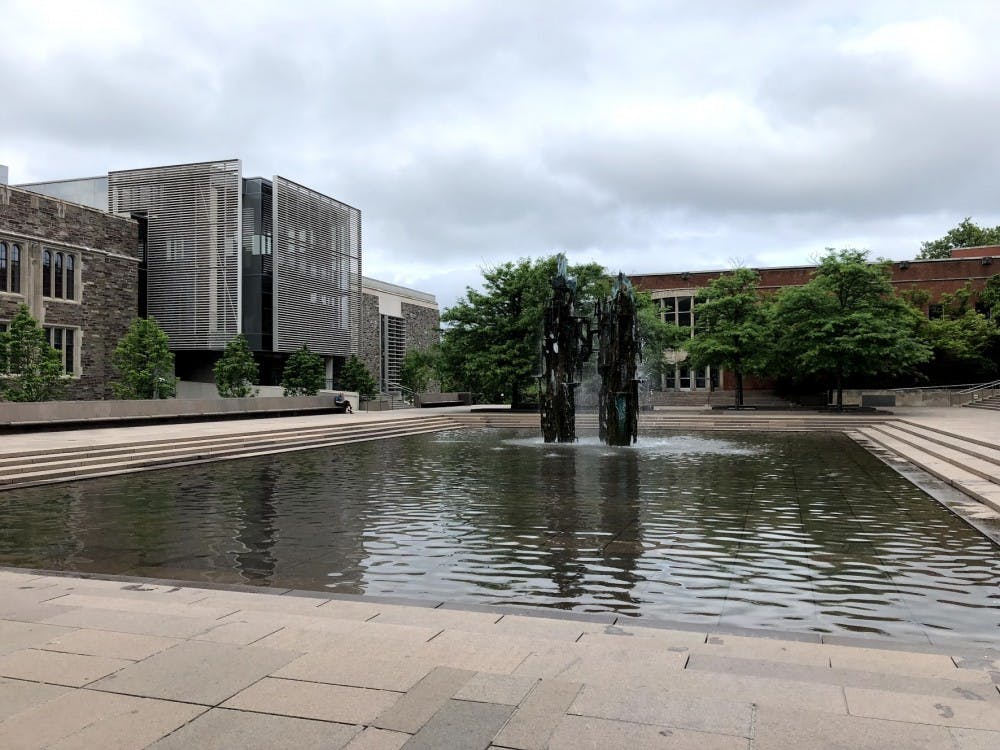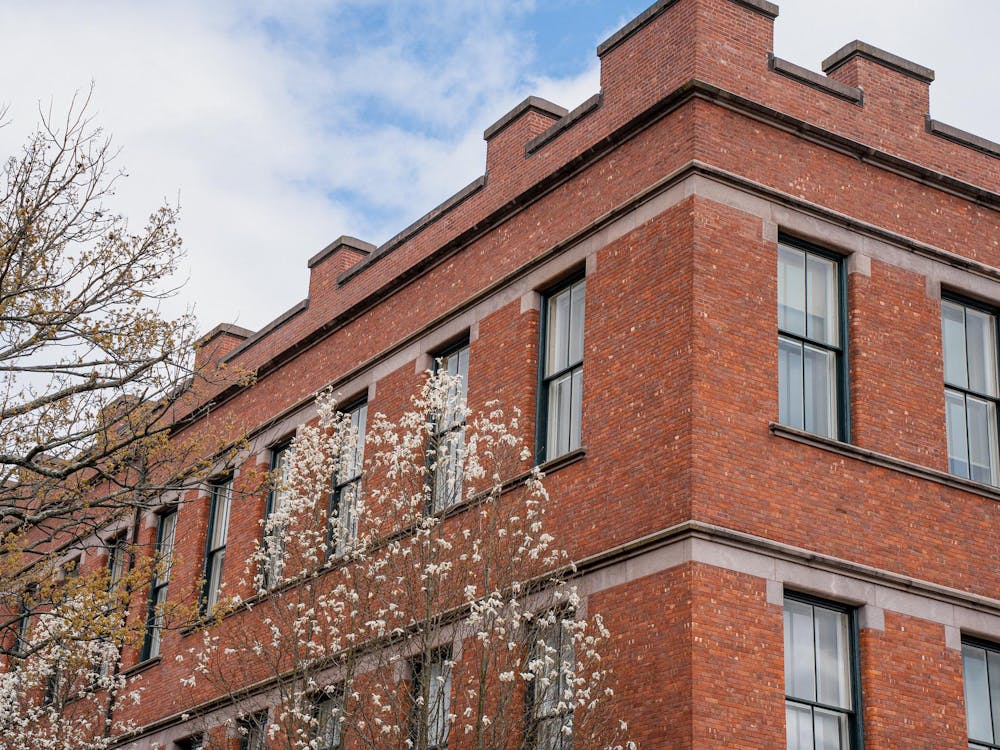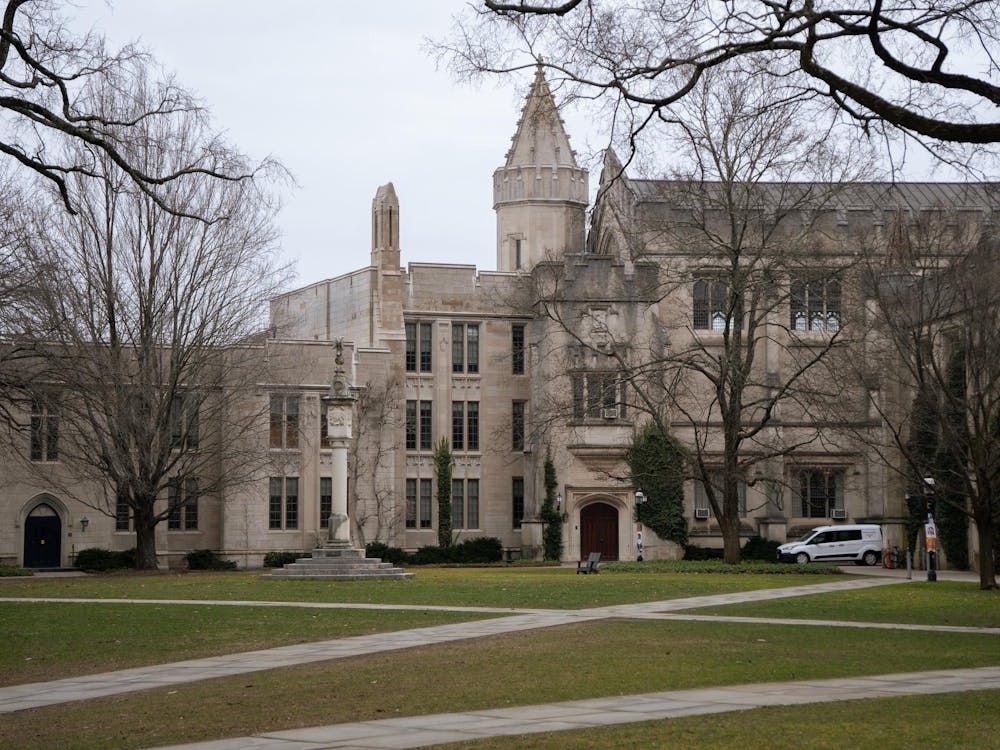In September of 2017, as students left their homes all over the world to come to campus, the Trump administration announced it would begin to phase out the Deferred Action for Childhood Arrivals program. Without DACA, individuals who were brought to the United States illegally as children would lose legal protections and could be forced to leave the country. Since then, the University has engaged in a yearlong legal battle to protect DACA beneficiaries after the policy’s announced rescission.
Since the policy was established in 2012, DACA has shielded eligible individuals from deportation for a renewable two-year period and provided them with work permit eligibility. Of the almost 800,000 undocumented immigrants protected by the program, around 20,000 reside in New Jersey. Last year, 15 were students at the University, prompting the administration to take action to protect students already on campus and in the future.
Joel Martinez GS, a DACA recipient, called the back-and-forth legal battle an “emotional rollercoaster.”
“DACA has been a lifeline for many of us and what I’ve been seeing is a fighting spirit to keep it alive by whichever means necessary,” he said.
A continuing legal battle
Immediately after Attorney General Jeff Sessions announced plans to end the program last year, University President Christopher Eisgruber ’83 sent a letter to congress, urging leaders to prioritize legislation that would provide both immediate and long-term protection for young people who had enrolled in or were eligible for DACA.
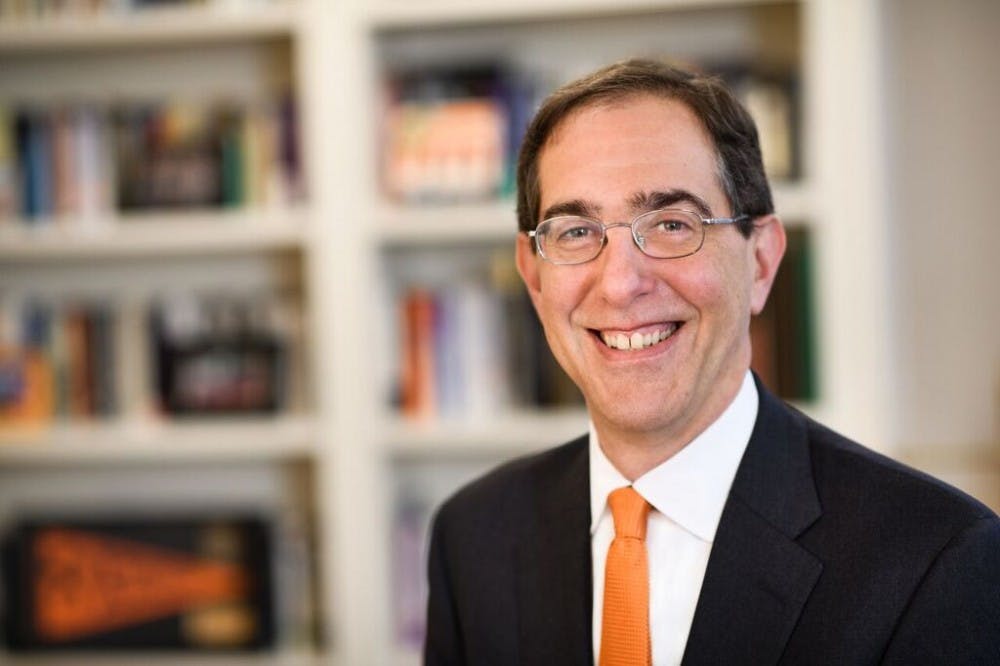
President Eisgruber '83 sent a letter to congress in support of DACA last fall
The University released a statement of support for DACA students, faculty, and staff, outlining its steps to protect community members from the impact of the announced policy rescission.
In addition to not disclosing private information unless presented with a subpoena, the University provides legal support by funding attorney consultants for DACA beneficiaries, covers the cost of DACA renewal filing fees, and re-evaluates financial aid awards if changes in DACA employment authorization affect students’ employment income.
In November 2017, the University filed a joint complaint in federal court along with Maria De La Cruz Perales Sanchez ’18 and Microsoft. They argued that terminating DACA harms its beneficiaries and their employers and violates their due process rights.

In April 2018, a federal judge ruled that DACA protections must stay in place and that the government must resume accepting new applications, calling its rescission “arbitrary and capricious.” The judge, John D. Bates of the District Court for the District of Columbia, stayed his decision for 90 days to allow the Department of Homeland Security to explain why the program was being canceled.
Days later, Texas and six other states sued the administration in an attempt to end the program by “challenging the 2012 executive action creating DACA in the first place.”
“This lawsuit is emphatically about the rule of law,” wrote the states of Texas, Alabama, Arkansas, Louisiana, Nebraska, South Carolina and West Virginia in the lawsuit. They argued that the Obama administration did not have the constitutional authority to allow undocumented immigrants to stay and work in the United States.
“Three activist federal judges have blocked the federal government from canceling DACA,” said Attorney General Ken Paxton of Texas, referring to Bates and two other federal judges who ruled in favor of preserving DACA. “That means that unelected federal judges are forcing the Trump administration to leave an unlawful program in place indefinitely as legal challenges drag on.”
As a result of the two-sided challenge raised by different states, the program’s legal status is in limbo. Moreover, Congress has been unable to pass legislation, such as the DREAM Act, that would afford protections to those affected by DACA’s repeal.
An uncertain future
While the University’s policies and procedures regarding DACA remain unchanged, the outcome of the legal battles will affect the futures of current beneficiaries.
The Davis International Center and the Undergraduate Financial Aid and Student Employment Office continue to support DACA beneficiaries, including by providing legal assistance and covering filing fees.
“DACA status does not have a significant impact on financial aid eligibility,” explained Benjamin Eley, the senior associate director of undergraduate financial aid and student employment. “While DACA students do not receive financial aid from the federal government, they are eligible for need-based aid from the University.”
Likewise, DACA students can work on campus to earn extra income.
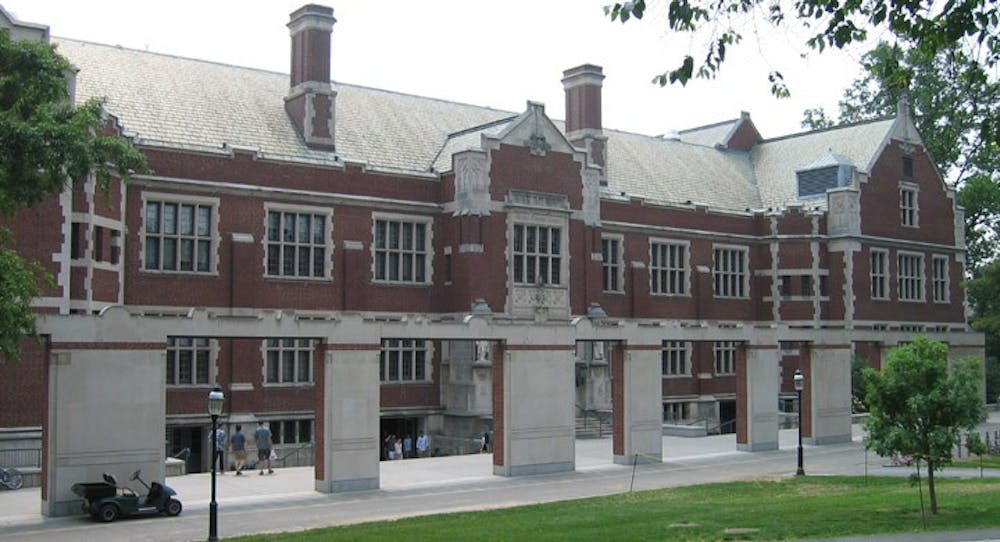
Frist Campus Center, where many students are employed.
“Every two years, DACA students must pay nearly $500 to renew their Employment Authorization Card,” Eley explained. “The Office of Undergraduate Financial Aid offers increased financial aid for DACA recipients to cover the renewal fee.”
Soraya Morales Nuñez ’18, a DACA recipient, said that the University’s support for DACA students has increased since she arrived on campus.
Working with the Davis Center and University administrators gave students the opportunity to feel more welcomed, according to Morales Nuñez.
Martinez, who came to the United States when he was four and now is a graduate student in psychology, said the University connected him to lawyers, helped him submit DACA renewals, and assisted him in figuring out funding when his DACA temporarily expired two years ago. The Pace Center's DREAM team, which organizes events and meetings for the migrant community, was another important resource, according to Martinez.
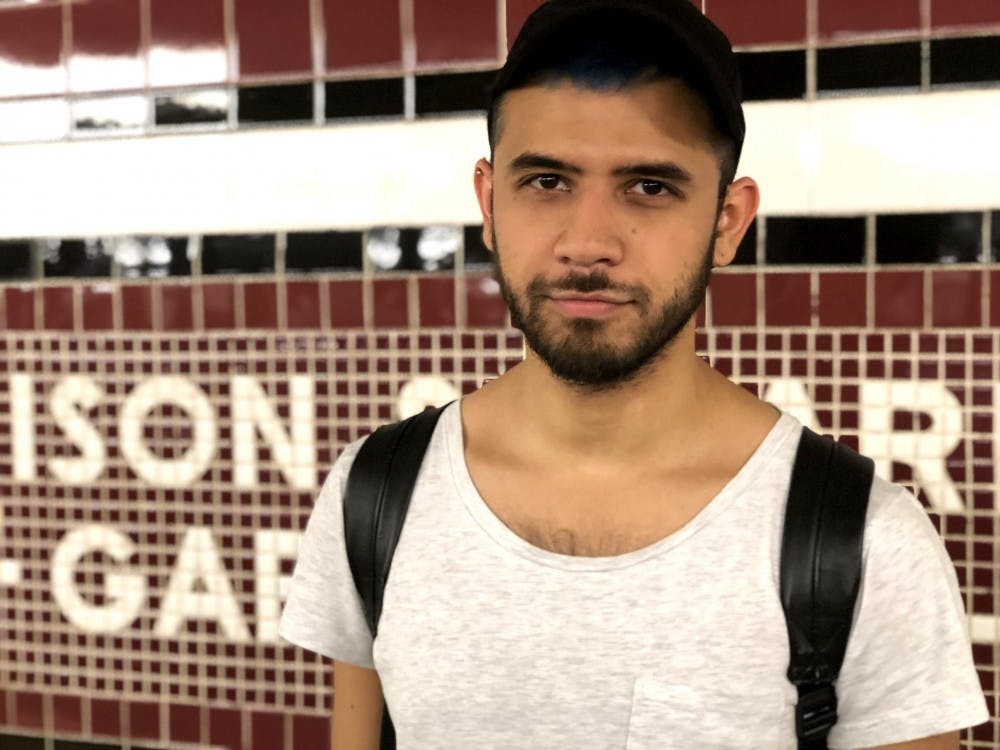
Joel Martinez GS, a DACA recipient.
“I have been lucky enough that my current DACA status is renewed long enough to finish my doctorate programs, the hope being that the administration should not be able to retroactively take away an active status,” he said. “However, if it is repealed and a renewal is unlikely, in a few years I will ironically be an American-educated doctor without the ability to work or live in the United States.”
Martinez said it’s a misconception that it is easy to get immigration papers and that those who do not get them are lazy.
“The truth is that many of us do go to immigration lawyers and find out we do not have any legal pathway to any status given current immigration law, making DACA a necessary band-aid,” he explained.
Many undocumented LGBTQ+ individuals, for example, were not able to change their status through marriage until same-sex marriage was legalized nationally in 2015.
Morales Nuñez said that the University has an imperative to continue supporting DACA and undocumented students — on campus and beyond.
“As we continue to monitor the situation with DACA and the other high-stakes issues surrounding immigration today, I would like to see [the University] make efforts to further educate the alumni community and encourage involvement in their respective communities and professions,” she said.
More simply, the University community should support DACA recipients because it is the ethical thing to do, according to Morales Nuñez.
“We cannot say we are in the service of humanity if we do not continue pursuing avenues to provide support of all types to the University's immigrant community and the immigrant community at large,” she said.
Martinez warned against generalizing any single experience to a universal narrative. While some DACA recipients have engaged in direct action to decry the ICE procedures and immigration policy, others have talked to media outlets to share their stories.
“This is a very important step, since public visibility is often dangerous, leaving the undocumented immigrant narrative to be constructed by politicians and national media pundits,” he said.
The stories are diverse.
Some speak of tales of excellence and triumph, others focus on the human dignity of immigrants as human beings, according to Martinez, who has written of his experience in the United States.
“While we should continue to tell our stories for Americans who may not have much contact with us, we should be careful about branding ourselves as a model minority — exceptional immigrants — at the expense of other immigrants who were excluded from DACA-like protections and are being criminalized and deported every day,” he added.





